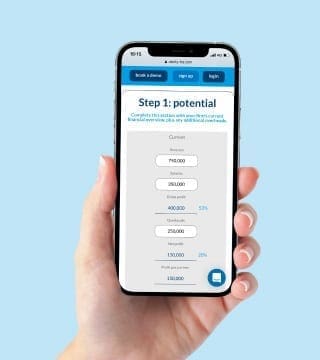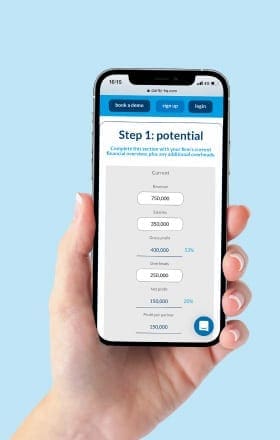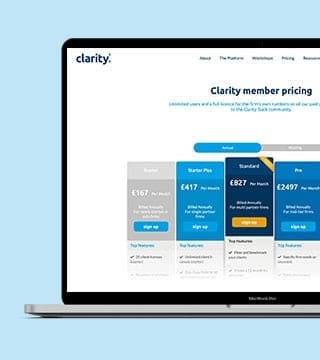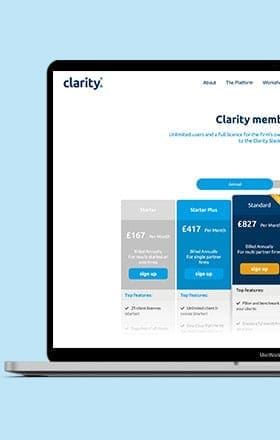COO and Founder Steve Briginshaw shares his insights with Alternative Insights, on the topic of Workplace Transformation and the Next Generation Employee
What does the next generation employee look like in your industry and how do we solve the problem of workplace transformation when the next generation employee no longer fits into the historical models such as striving for partnership?
With all the recent changes in the accountancy profession – auto enrolment, FRS 102 and Making Tax Digital – it’s easy to have missed the change that has happened right under our nose: millennials. The generation born between 1980 and 2000 are now in full flow within the accounting profession and they have different ideas, wants and needs. Unlike the generation before (gen X, born 1965 to 1979), where a steady job with promotion prospects, health insurance and a company car were a great reward, millennials want the workplace to be different in order for them to stick around and really enjoy work. More importantly, 75% of the global workforce will be millennials by 2025.
Millennials do not strive for partnership, they want access instead of ownership. This mindset shift is mirrored within their subscription based financials and the fast growing ‘gig economy’ of working on a contract basis for a number of businesses, instead of being an employee, doing what they’re good at when and from where they want to do it.
They are the first generation of digital natives, and their affinity for technology shapes how they behave, shop and build relationships. They are used to instant access, such as monthly car leases, air bnb, netflix and amazon prime, which has resulted in a different attitude towards ownership. According to Goldman Sachs, there is a growing percentage of older millennial who are choosing to rent and not buy, with over 60% without property in 2013. The “sharing economy” has replaced the sturdy clockwork lifestyle typical of the 9-5 baby boomers.
However, this shift is not without detriment to the baby boomers generation. Those who are looking to retire their asset rich inheritance to the next generation, may not be as profitable as they could have been previously. Millennials have come of age during a time of technological change, globalisation and economic disruption. The gig economy does not want the hassle or the tie to one business, but instead strive for maximum convenience for minimum effort. In order to maximise the profitability for all generations, the latest technology must be embraced and the changing role of an accountant as a consequence must be acknowledged.
Technology has enabled the “sharing economy” to become the hassle-free norm for the majority of a millennials day to day pursuits. And in turn, this can be used to benefit the accounting profession to attract one of the largest generations in history. Being good with preparing accounts and data entry are not the key components of a successful accountant anymore. Nor are they what your clients are looking for from their accountant. Business owners, particularly SMEs are searching for a tech savvy, client centric trusted advisor over a compliance focussed relationship.
In addition, both clients and future employees are looking beyond the brand before they make a purchase. Marketing, online social presence and making a positive impact secure loyalty over quality track records.
Accounting Today’s 2018 survey highlighted that the top five things SMEs look for in their accountant are;
- being a trusted advisor (78%)
- responding quickly (74%)
- understanding the client’s business or industry (74%)
- being affordable (70%) and
- communicating clearly with non-accountants (69%)
Without the power of technology and a switched on team, accountants would need nothing short of a miracle to achieve this within the normal working week. Your clients want for an affordable, hassle-free, accessible, empathetic and clear advisor is also reflected in your employees wants. Millennials care about emotional intelligence, social online networks, modern technology, wellness and cost-efficiency, and your job roles should cater to their wants and needs just as much as they cater to your prospects.
[/et_pb_text][/et_pb_column] [/et_pb_row] [/et_pb_section]





